Oracle has unveiled its AI Data Platform, a unified solution designed to help enterprises securely connect generative AI models with their data, applications, and workflows. Announced at Oracle AI World on October 14, 2025, this move marks a major milestone in the company’s efforts to lead in AI infrastructure and data intelligence.
The new platform integrates automated data ingestion, semantic enrichment, and vector indexing, coupled with built-in generative AI tools to simplify the journey from raw data to production-grade AI applications. Oracle combines its Cloud Infrastructure (OCI), Autonomous AI Database, and OCI’s generative AI services to offer a comprehensive end-to-end stack for innovation. Importantly, it supports open lakehouse formats like Delta Lake and Iceberg, while enabling “zero-ETL” and “zero-copy” connectivity so that data can be unified across clouds and on-premises systems without duplication.
Alongside the platform, Oracle introduced Oracle AI Database 26ai, embedding AI directly into the database layer. This new version allows enterprises to create and manage AI agents from within the database itself using no-code tools and prebuilt agents. It also includes vector search, advanced security controls like SQL firewalls, and support for private AI model containers, bringing security, efficiency, and intelligence closer to where data resides.
Complementing these launches is the Oracle AI Factory, a program designed to help customers and partners accelerate AI adoption, build industry-specific use cases, and scale implementations faster. Oracle’s partner network is expected to invest heavily in developing new AI applications, training practitioners, and driving ecosystem growth around the platform.
What This Means for the Marketing & Technology Sectors
This announcement highlights Oracle as a major player in the AI data ecosystem. Oracle transforms how businesses create and use AI solutions. They combine AI infrastructure, database innovation, and automation. This approach helps companies build, deploy, and scale efficiently.
This platform can transform how brands use data and engage with customers. By integrating AI into data systems, marketers can move beyond static analytics. They can now achieve real-time personalization, predictive targeting, and automated content creation.
Marketers can now use their enterprise data more easily. This lets them build campaigns that change based on user intent and behavior right away. The AI Data Platform cuts down on the need for scattered marketing tech. It helps teams gather data insights in one place. They can use this info to make decisions, create content, and engage with audiences. This leads to quicker campaign launches, better attribution modeling, and a smoother brand experience across channels.
Oracle’s action shows how AI and data management are coming together in the tech sector. Zero-ETL architecture will change the game for IT and data teams. They can process, enrich, and activate data without complex integration steps. Organizations can spend less time on data engineering. Instead, they can focus on creating business value with AI-driven insights.
Oracle blends storage, analytics, and intelligence by embedding AI in its database. Businesses can now run predictive analysis, spot anomalies, and search text or images directly in the database. This cuts down latency and makes system architecture simpler. This move to “AI-native data infrastructure” may soon be a standard in enterprise tech.
Also Read: Zoom and Oracle Forge a Partnership to Enhance Customer Engagement
Broader Impacts on Businesses Across Industries
Faster Innovation Cycles
The Oracle AI Data Platform helps businesses shift from collecting data to deploying AI faster. Companies that once faced issues with isolated systems can now test and grow AI projects in weeks, not months.
A Redefined Competitive Landscape
As AI is used more in businesses, the line between tech providers and AI solution enablers will fade. Oracle’s broad ecosystem may push competitors to merge their offerings. If they don’t, they could fall behind.
New Skills and Roles
Embedded AI growth will boost the demand for data architecture and AI model operations experts. Businesses must invest in training data scientists, AI engineers, and marketing technologists. These professionals will help use new tools effectively.
Heightened Emphasis on Governance and Trust
AI systems will access and interpret business data directly. So, it’s crucial to maintain compliance, security, and ethical standards. Oracle’s emphasis on privacy, governance, and in-database security may set new standards for responsible AI use.
Transformation of Business Processes
AI agents embedded across departments, from marketing and finance to logistics and HR, will automate repetitive tasks, identify operational inefficiencies, and recommend decisions in real time. This has the potential to dramatically enhance productivity, reduce costs, and drive strategic innovation across industries.
Impact on MarTech and Data Vendors
Traditional marketing and analytics vendors might need to adapt or team up with AI data platforms. Businesses are increasingly seeking unified, intelligent solutions rather than fragmented tools. Oracle’s integrated approach could prompt an industry-wide push toward convergence and interoperability.
Conclusion
Oracle’s launch of the AI Data Platform signals a new era in business innovation. Data, AI, and automation now work together seamlessly. For marketers, it offers fresh ways to personalize campaigns. It gives technologists a solid foundation to create scalable, secure, and efficient AI. As businesses adjust to AI changes, this unified platform boosts their competitive edge. Companies that adapt quickly will succeed in the AI-driven digital economy. They can do this by using AI in their data, strategy, and customer experience.







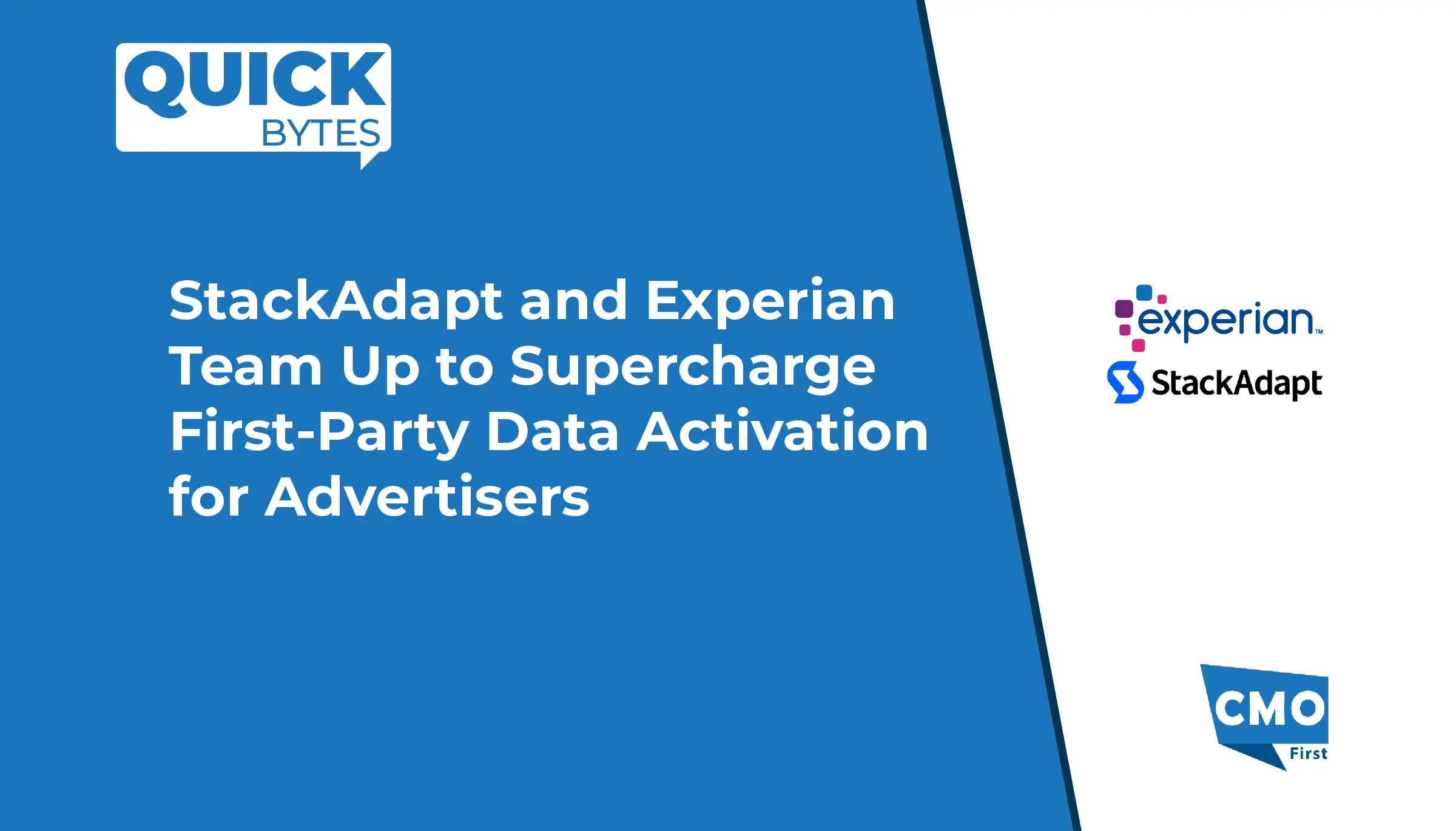
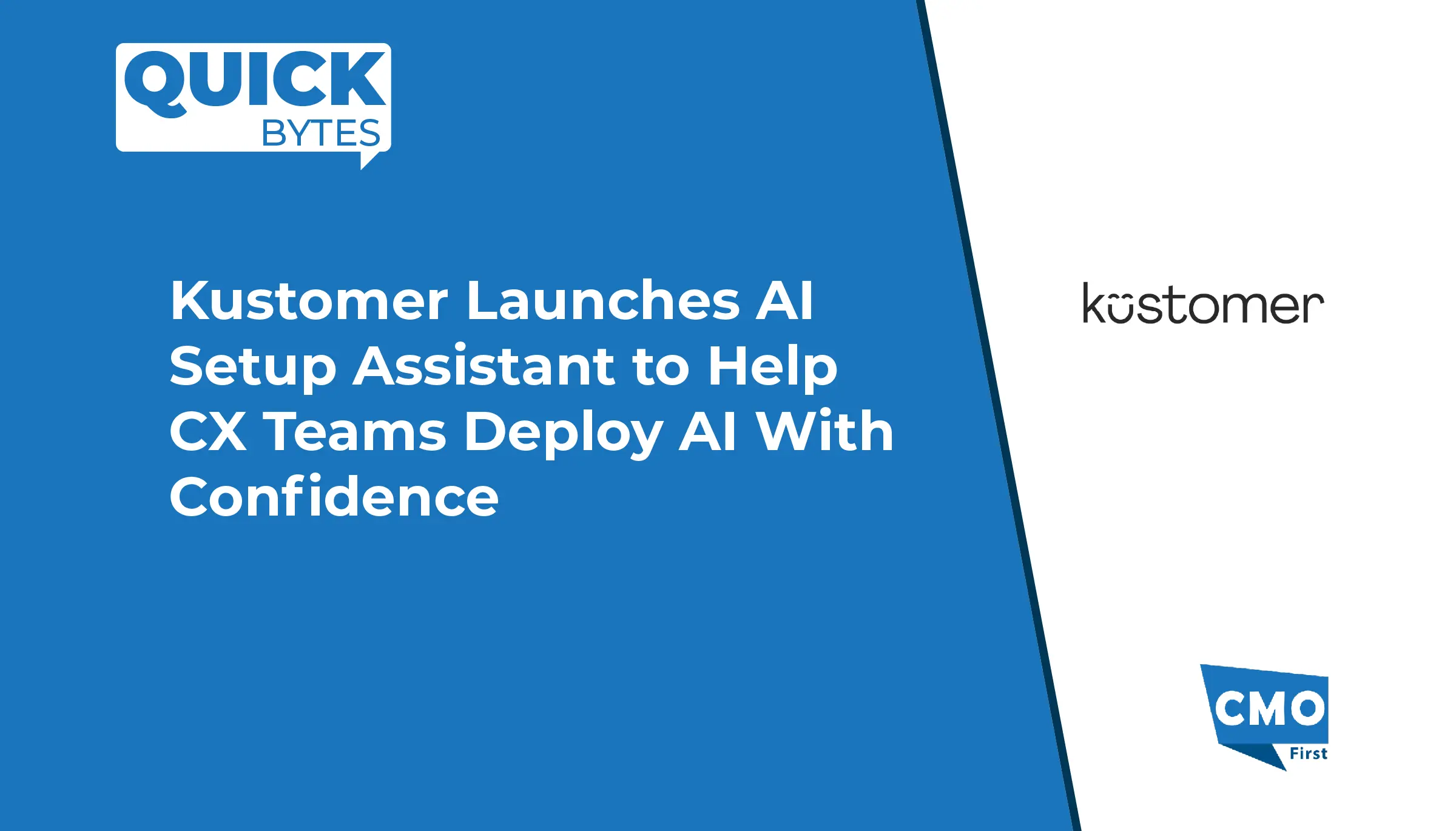
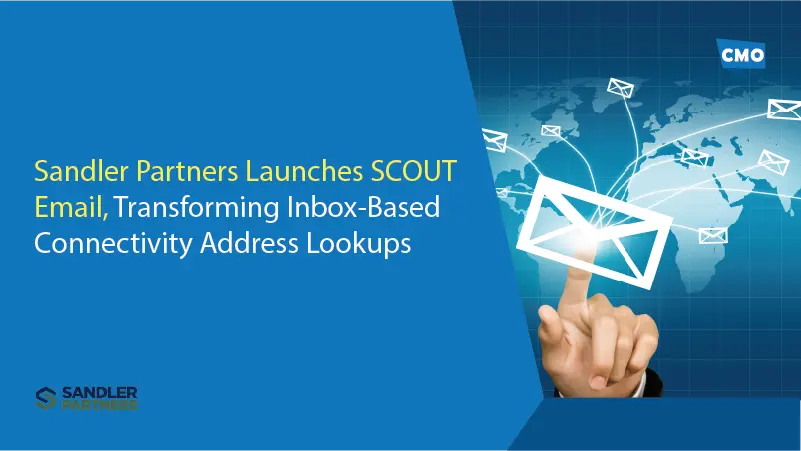



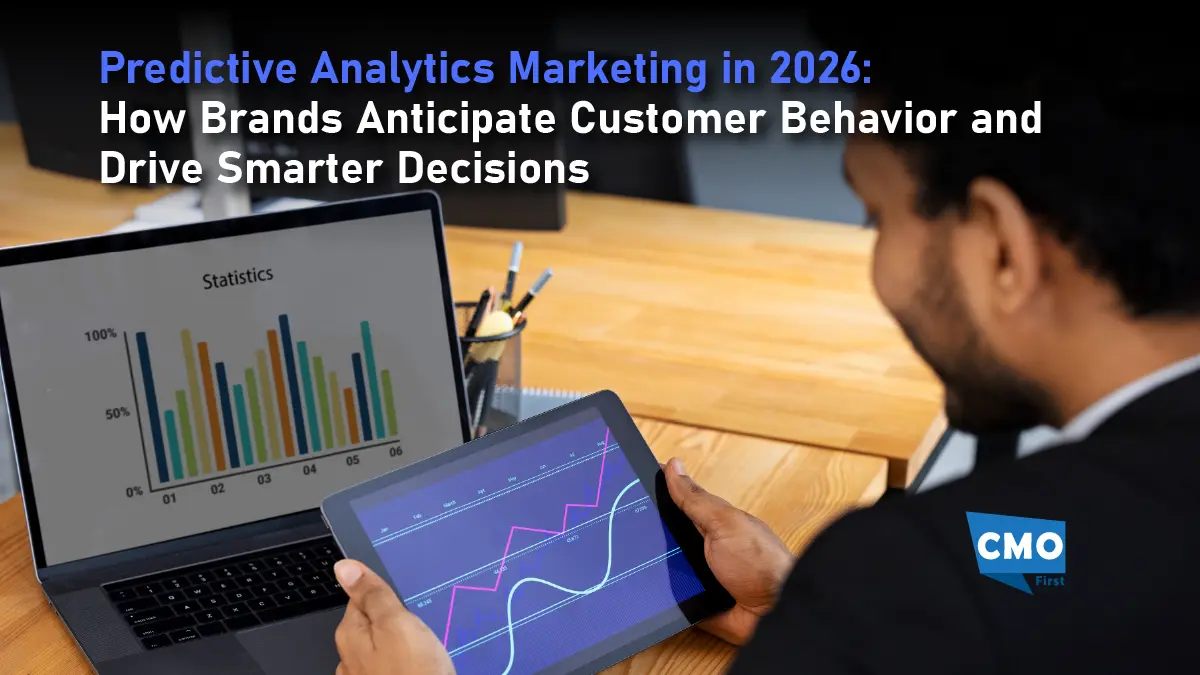
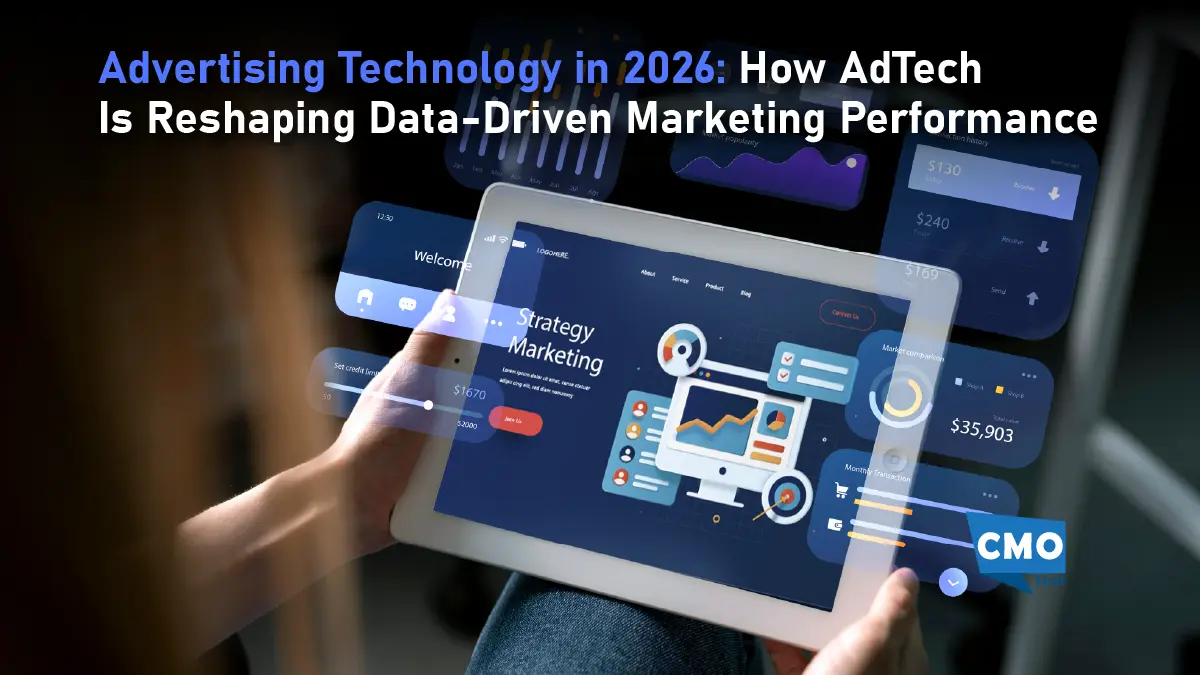

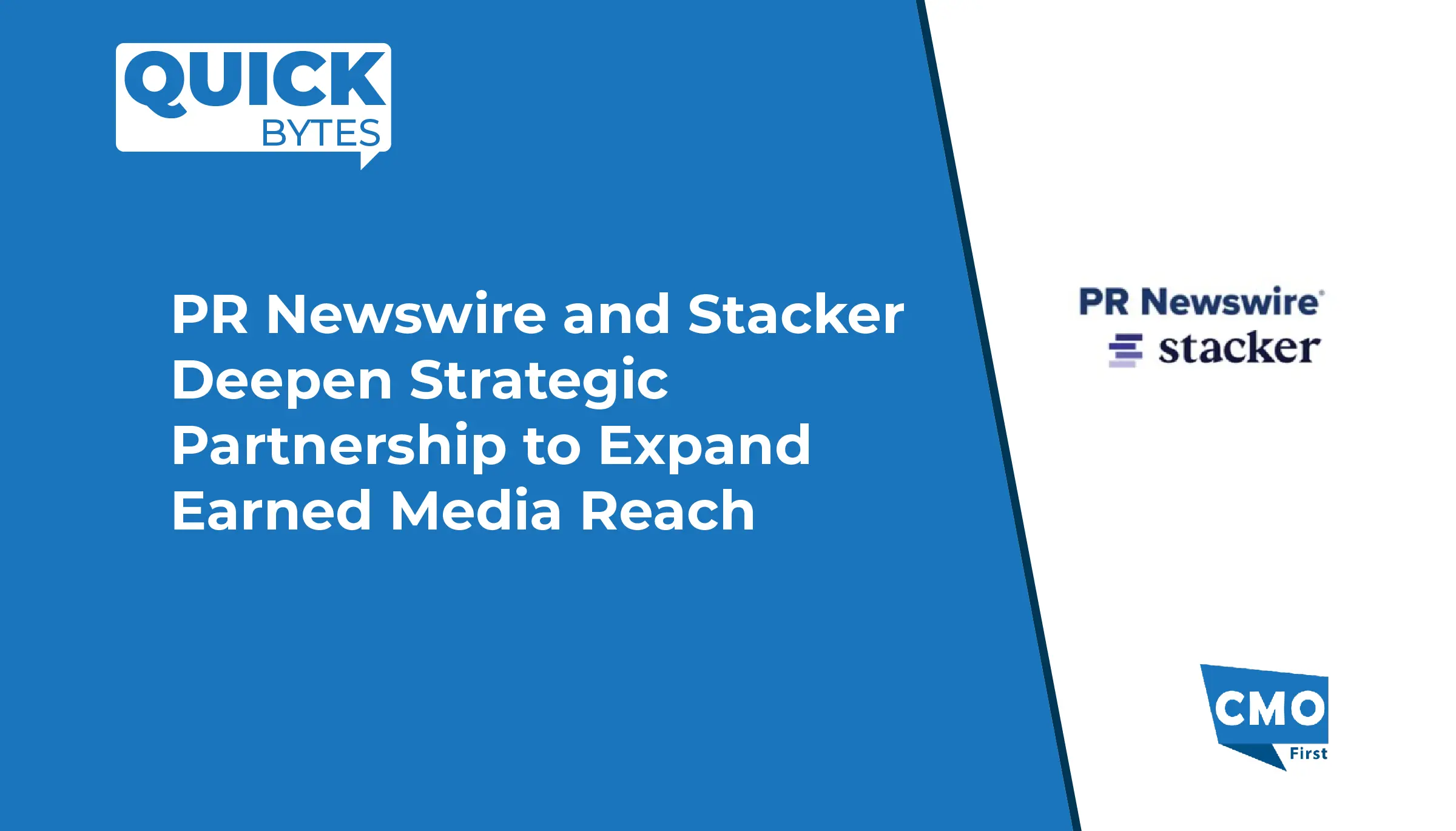

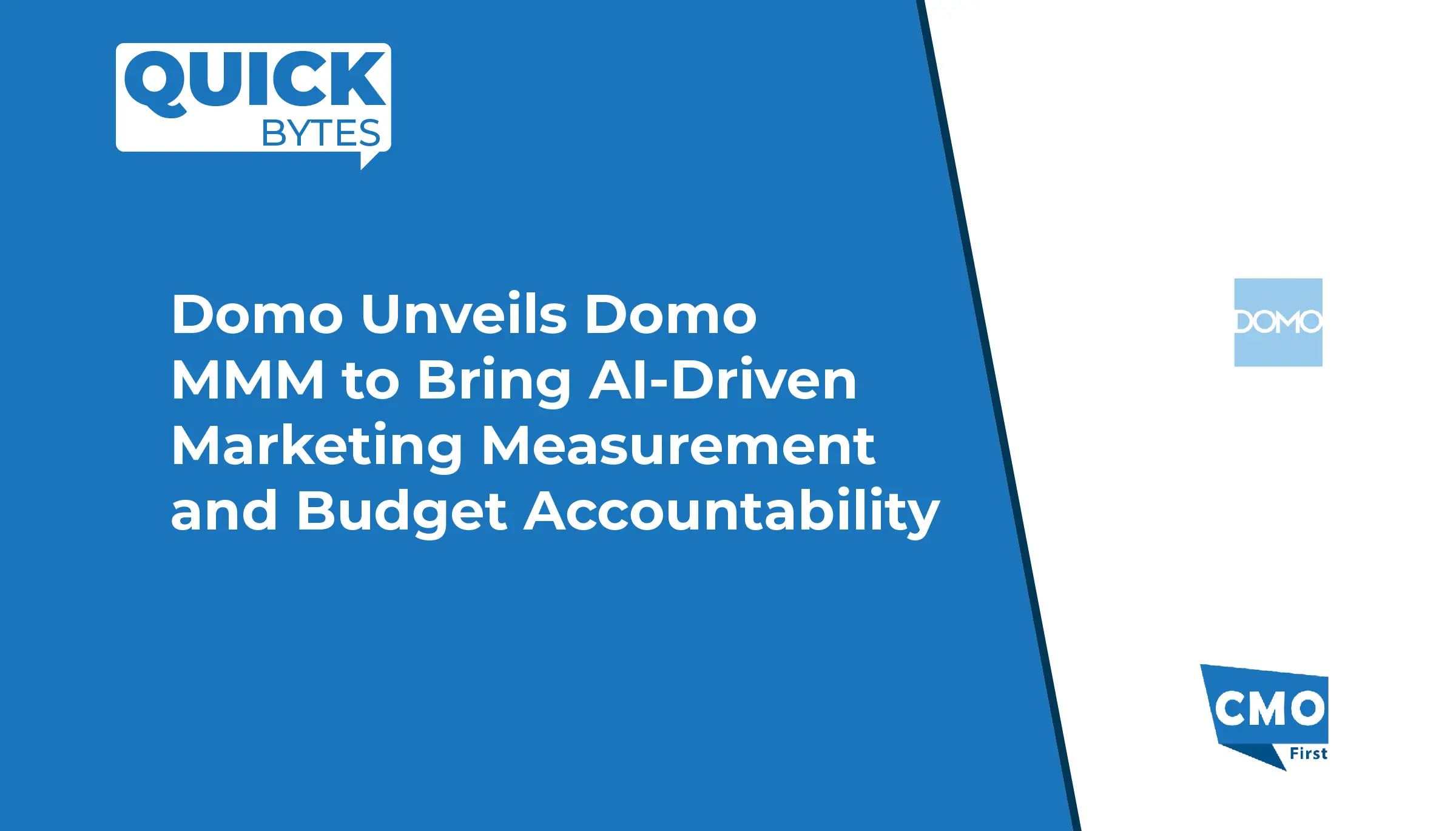





Leave a Reply